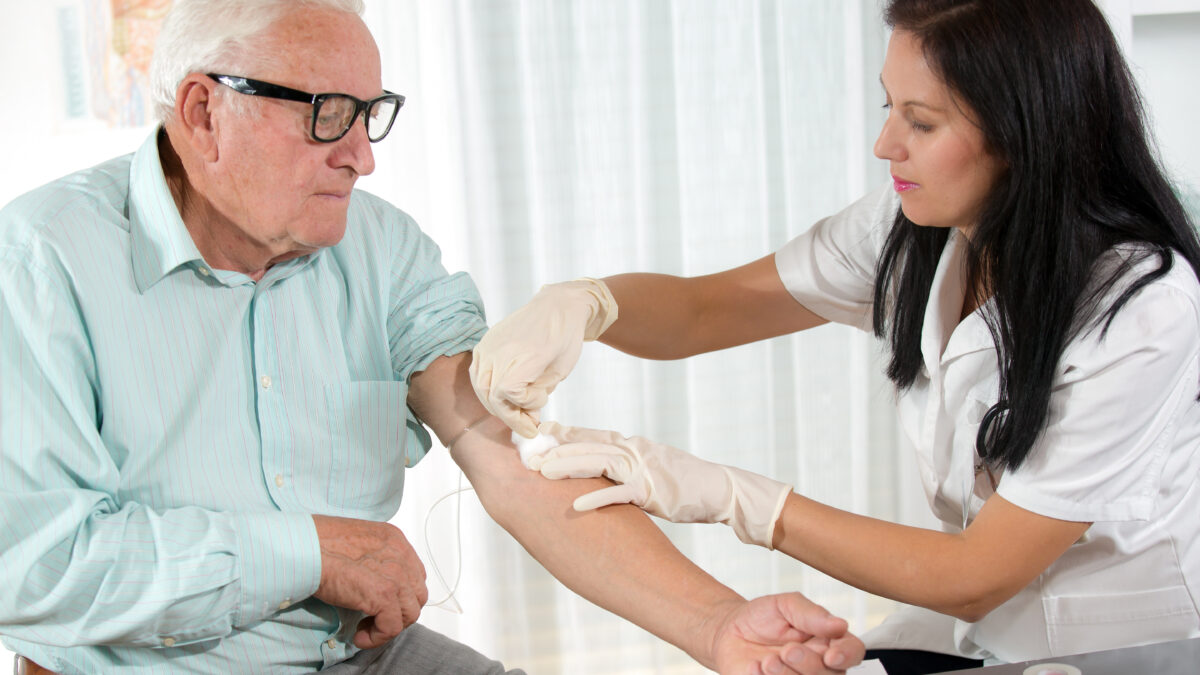Multi-cancer early detection tests can identify signs of early-stage cancer through a simple blood sample. The novel, non-invasive diagnostic, sometimes called a liquid biopsy, has potential to save lives by catching cancer when it is most treatable.
Officials recommend routine screenings for breast, cervical, colorectal, prostate and lung cancers. Yet 70% of all cancer deaths are related to cancers for which there is not a screening test available. That’s not a coincidence. Without early, effective screening, cancers are more likely to be diagnosed at an advanced stage, when they are harder to treat and more fatal.
Better Cancer Screening Yields Improved Outcomes
In contrast, early cancer detection improves patient outcomes. And multi-cancer early detection tests improve those chances with a minimally invasive procedure.
The test can detect markers of cancer in the blood up to a year before symptoms appear. The results not only signal the presence of a tumor but can also provide information about its location and the type of cancer, data that was previously available only through expensive scans.
Not only does this deeper level of information allow patients to begin more targeted, more appropriate treatment earlier, but the simplicity of the blood test has the potential to allow patients easier access to screening.
Easier Access to Screening, Greater Coverage Could Reduce Cancer Disparities
A simple blood test can be taken in most offices and sent to a central lab, eliminating the need for patients to travel to a designated cancer center that has specialized equipment. This could make a difference in patients’ ability to get screened, particularly for those living in rural communities. They experience later diagnoses and higher rates of cancer deaths, partially due to lesser screening access.
Greater coverage will be key, though, for rural and urban patients alike to truly benefit from the novel screening tool. Some private plans as well as a few state health plans cover them, but in most cases, patients are required to pay at least something out of pocket. That could change for seniors, however, if the legislation advancing through Congress passes. The Multi-Cancer Early Detection Screening Coverage Act would require Medicare to cover these tests for biomarkers and other indications of early cancer for 65 million Americans.
Providing that level of access can impact the nation’s cancer mortality – a rate decline that can’t come too soon.




